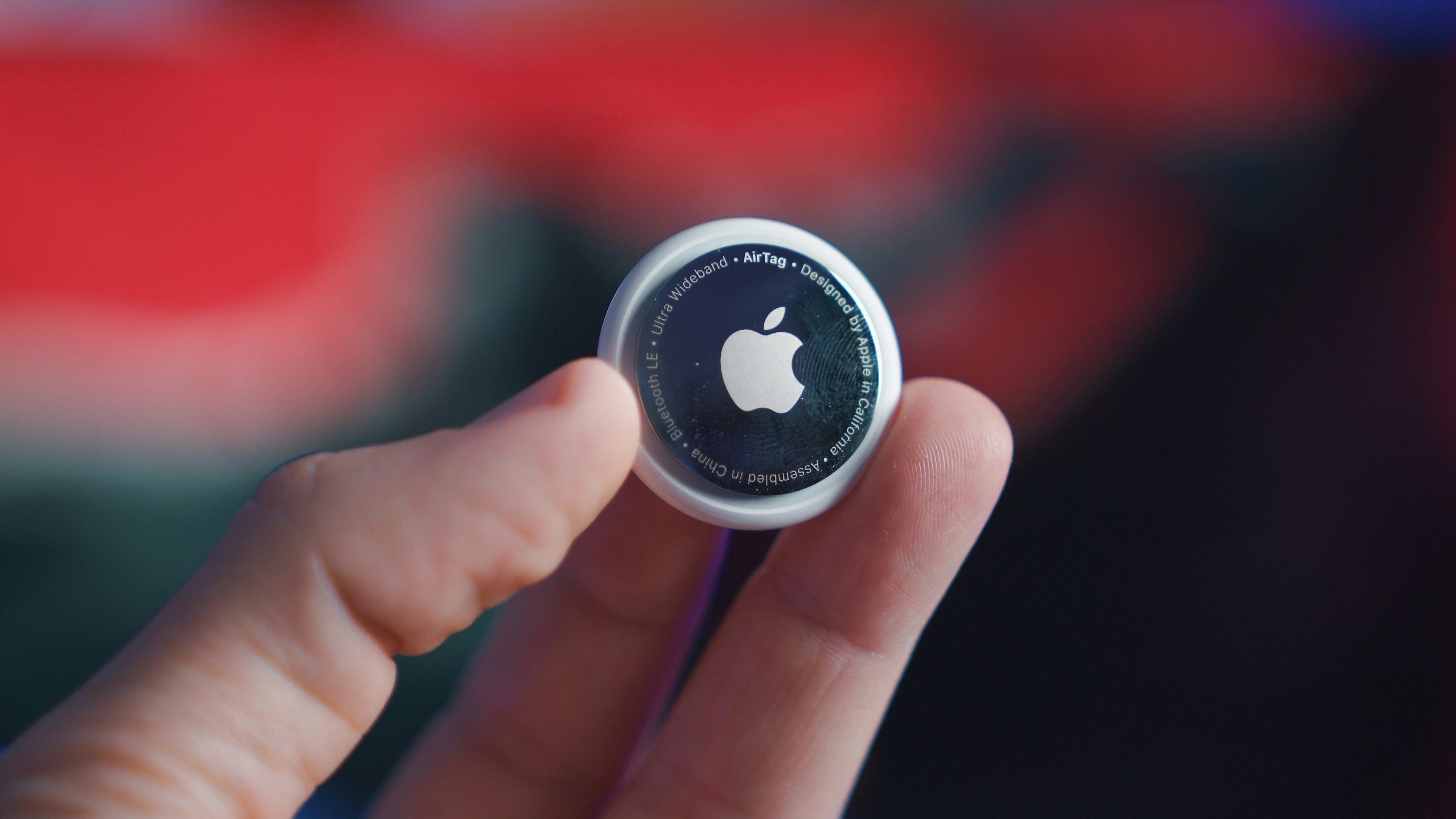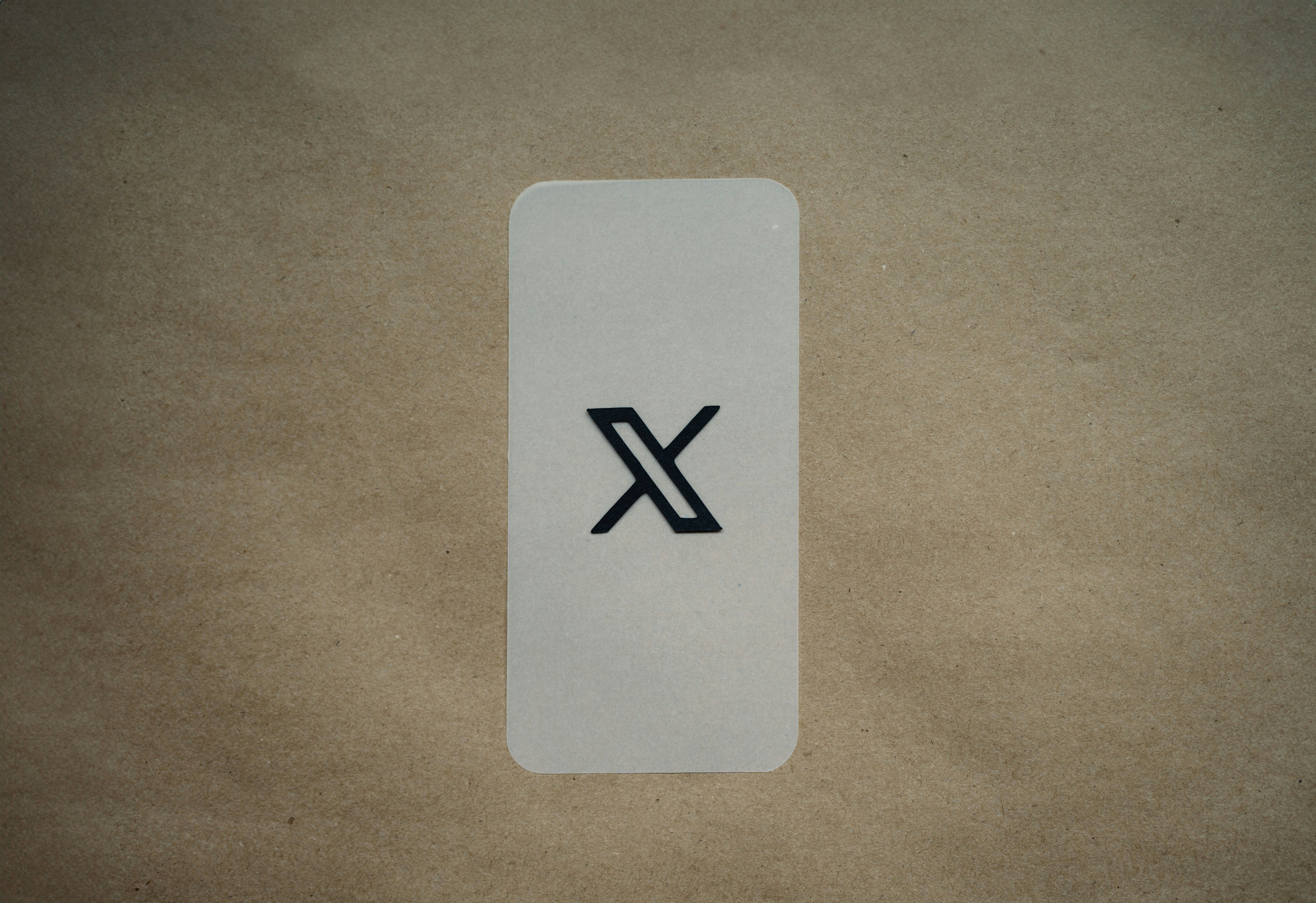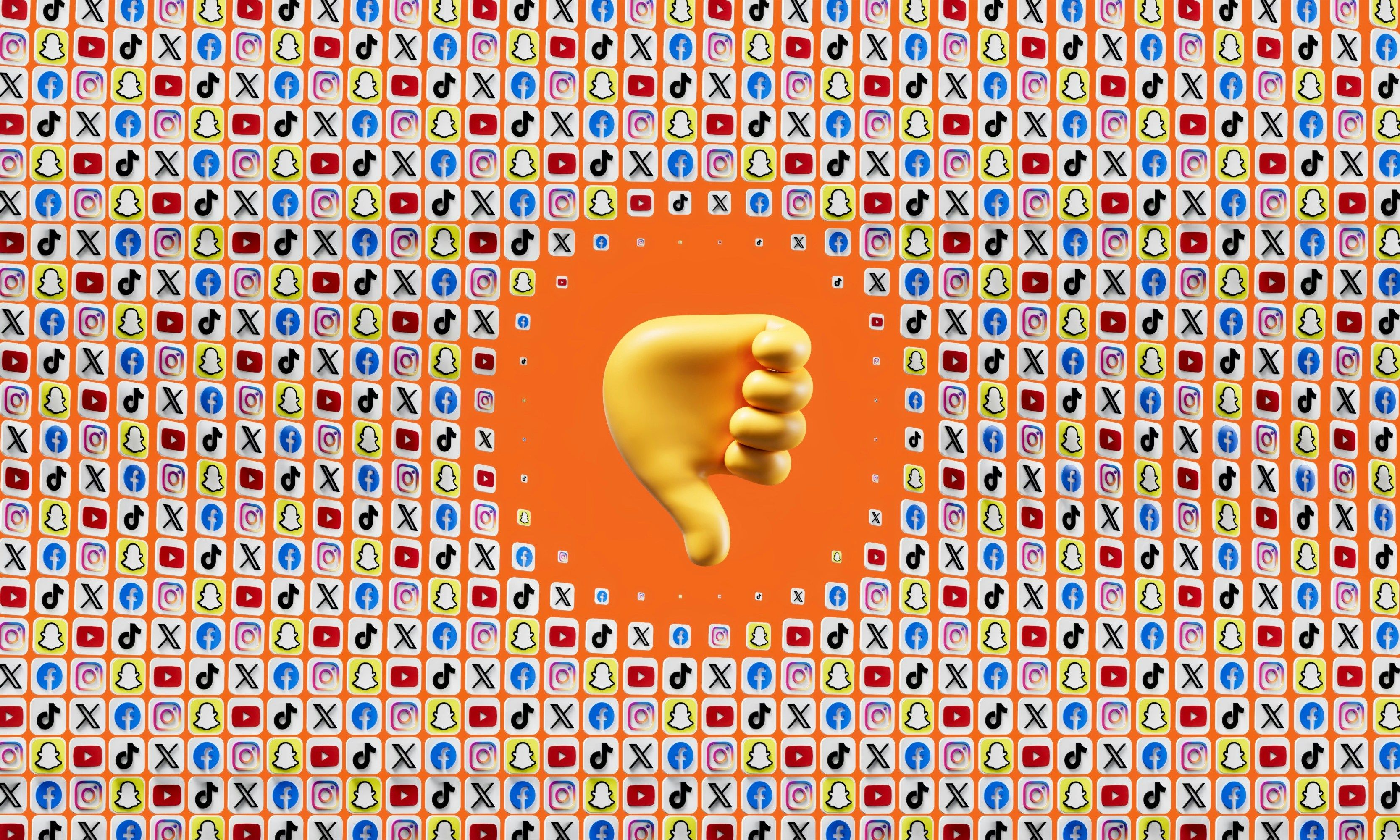The dynamics of technology and social media are constantly changing - shaping the way we interact and the implications for privacy, security, and corporate growth. Recently, some developments have emerged that touch on these aspects: Apple's groundbreaking introduction of new AI features has led to a surge in its stock value, X (formerly Twitter) has implemented a fundamental change in how user interactions are handled by hiding likes to protect privacy, and a major legal challenge has arisen in Utah where the state has sued TikTok, accusing it of exploiting minors through its live streaming features.
Apple Shares Hit Record High

Photo by Onur Binay on Unsplash
Overview of AI Features Unveiled at WWDC
Apple's recent Worldwide Developers Conference (WWDC) spotlighted striking advancements in their AI capabilities, notably through their enhanced "Apple Intelligence" suite. The key feature announced was a revamped Siri, which now leverages the prowess of AI models akin to ChatGPT. This revamp enables Siri to handle a broader spectrum of queries and perform more complex tasks. Additionally, new AI-powered tools and enhancements are set to improve user interaction across all Apple devices, tightening integration within the ecosystem and paving the way for more seamless digital experiences. This thrust into AI signifies Apple's strategy to maintaining its competitive edge in innovation. This is crucial as AI becomes increasingly central in tech products.
Analysts' Response and Market Implications
Following the unveiling at WWDC, Apple’s stock surged by over 7%, indicating a robust approval from investors and market analysts. This response was fuelled by the potential for increased device appeal leading to a fresh wave of consumer purchases, especially with the anticipation of new iPhone models in the fall. Analysts, including those from Gartner, have positively revised their price targets for Apple stocks, reflecting a consensus that the new AI features will not only retain but attract new customers to the Apple ecosystem. The market optimism is built on Apple's near challenge to Microsoft’s position as the most valuable company, suggesting strong future performance in the stock market.
Social Media Platform X to Hide Likes

Photo by Kelly Sikkema on Unsplash
Details of the Implementation
The social media platform X, formerly known as Twitter, has initiated peculiar changes by starting to hide likes on user interactions. This change aims at privatize likes by default, where users can still see the count and interactions on their own posts but will no be able to view likes on other’s posts. The strategy, already an option for Premium subscribers, now expands platform-wide, aligning with X's objective to mitigate the social pressures and public scrutiny often associated with public likes. This aligns with industry trends where the visibility of engagement metrics is being reconsidered to create healthier social media environments.
Expected Impact on User Engagement
By hiding likes, X is likely anticipating varied effects on user engagement. Initially, it may reduce the performative aspect of liking content, encouraging genuine interactions rather than contest-driven activities. For users, this could mean a more authentic experience with reduced hesitance to interact with content for fear of public judgment. Companies relying on public metrics for marketing may need to adapt strategies, although the core user engagement data will still be accessible to them. Long-term effects may include changes in how content is consumed and valued, potentially leading to a platform that prioritizes content quality over popularity metrics, echoing X's shift towards refining user experience in a competitive social media space.
Utah Accuses TikTok of Encouraging Exploitation

Photo by Rubaitul Azad on Unsplash
Claims Made in the Lawsuit
In a recent legal action that has drawn considerable attention, the state of Utah has filed a lawsuit against social media giant TikTok, accusing it of promoting a platform that acts akin to a "virtual strip club" targeting minors. The complaint focuses on the popular feature within the platform, TikTok LIVE, which facilitates live streaming and includes a monetization mechanism where virtual gifts, purchased by viewers with real-money, can be given to content creators. According to the lawsuit, this feature has been manipulated to exploit young users, enticing them into performing sexually suggestive acts in return for monetary compensation.
Utah's attorneys argue that these acts are both facilitated and incentivized by TikTok through its revenue model, which sees the company taking a significant cut from these transactions. They outline that the platform, by continuing to operate this feature, blatantly profits from the exploitation and sexual solicitation of minors. Moreover, the lawsuit accuses TikTok of having knowledge of these transactions and of failing to implement effective age-verification and user monitoring, which has allegedly allowed such abuses to proliferate under TikTok's watch.
TikTok's Defense and Utah's Legal Strategy
In defense, TikTok has countered the allegations by pointing out the company's existing policies designed to protect the welfare of its young user base. A spokesperson from TikTok emphasized the platform's "industry-leading" safety measures, noting the age restrictions for live streaming and the safeguards intended to restrict access to mature content. However, the Utah lawsuit claims these policies are superficial and inadequately enforced, merely serving as a façade that fails to combat or mitigate the exploitation effectively.
Utah, leveraging their accusations, has taken a firm stance, calling upon the court to hold TikTok accountable for what it terms as deceptive and exploitative practices under state consumer protection laws. The state is seeking substantial financial penalties from TikTok—including damages exceeding $300,000 and further sanctions—but also a conscientious overhaul or termination of the monetization features that are central to the lawsuit's concerns. Through this legal battle, Utah could set a legal precedent that would pretty much redefine how social media platforms manage and operate monetization mechanisms, especially in contexts involving vulnerable user groups such as young users.






